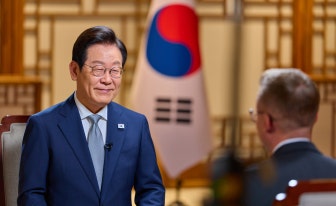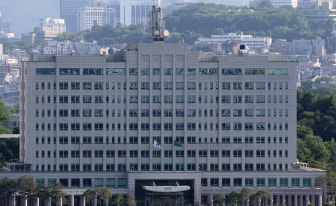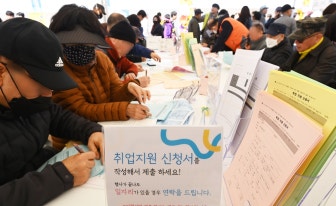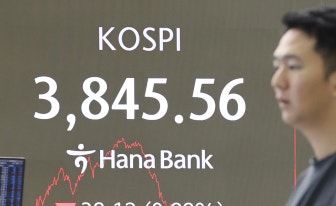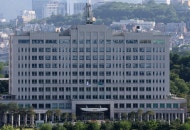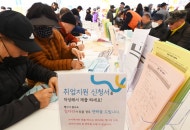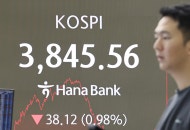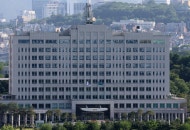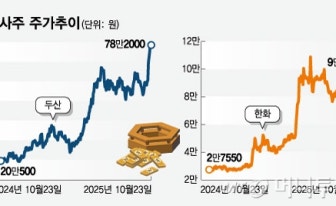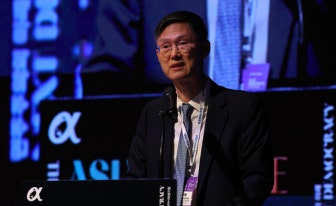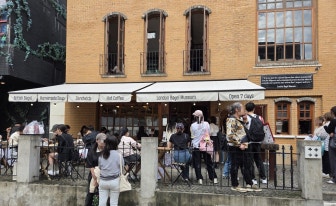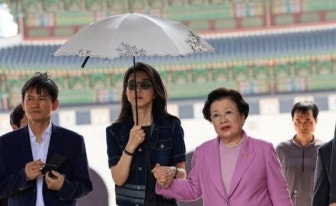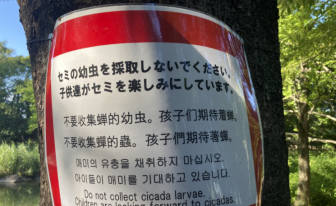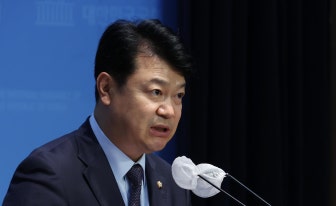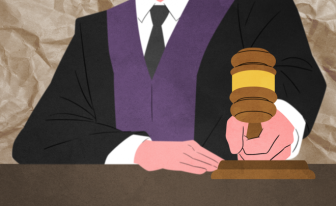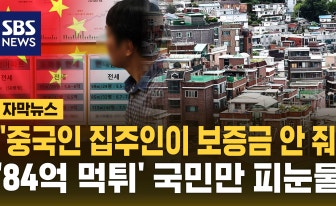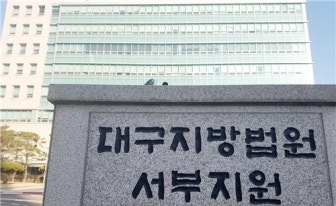| Apartment buildings and office towers are seen from Namsan in central Seoul . (Newsis) |
The Lee Jae Myung administration is rolling out its third comprehensive real estate policy package this week, as authorities move to rein in renewed housing price pressures and speculative demand in the Seoul metropolitan area.
Deputy Prime Minister and Finance Minister Koo Yun-cheol said Monday that the government will soon unveil new demand-side measures alongside its direction for property taxation, signaling a shift from supply-driven responses to a more balanced policy mix.
“We plan to make an announcement soon,” Koo told lawmakers during a National Assembly audit of the Ministry of Economy and Finance. “While we are accelerating supply-side measures, we will also introduce policies that can address the demand side.”
Addressing President Lee’s earlier campaign remark that “housing problems cannot be solved through taxation alone,” Koo clarified that it “doesn’t mean we will not use tax measures at all, but rather that such tools should be considered as a last resort.”
Land, Infrastructure and Transport Minister Kim Yun-duk acknowledged that the two previous rounds of housing measures, the June 27 lending restrictions and Sept. 7 supply package, had produced “partial results” but remained insufficient to curb market imbalances.
Speaking Monday at a National Assembly audit of his ministry, Kim said the June 27 plan served as a demand-suppression measure designed “to block excessive capital inflows into real estate,” while the Sept. 7 package was aimed at expanding supply to ease what he described as a “supply cliff.”
“But the impact has been limited,” Kim admitted, adding that the upcoming measures will need to be broader in scope to restore stability in both the supply and demand sides of the market.
Sources from the ruling Democratic Party and the presidential office said the new package will be a coordinated effort to curb speculative activity and stabilize the market, building on the earlier rounds.
During a high-level briefing Sunday at the National Assembly, Democratic Party chief spokesperson Park Soo-hyun said the party and government had “thoroughly discussed recent trends in Seoul and Gyeonggi Province, recognizing the urgent need for fundamental, comprehensive measures.”
He warned that continued housing instability could threaten both social cohesion and economic vitality, stressing the government’s resolve to act decisively. “The government has decided to make the announcement at an appropriate time within this week,” he said.
After a brief lull from June through August, Seoul apartment prices rose 0.27 percent in September, data from Korea Real Estate Board showed, marking a return of upward momentum.
In contrast, regional markets outside the capital remain sluggish, with oversupply and swelling inventories widening the urban–provincial housing divide.
Previous curbs, including a cap on mortgage lending at 6 billion won ($4.2 million) in Seoul, temporarily slowed price increases, but the effect has since faded as speculative buying resumed.
According to financial authorities, the new policy is likely to tighten loan-to-value ratios for high-priced homes, currently capped at 40 percent in regulated zones. The government may further lower the threshold for luxury properties to constrain borrowing capacity among wealthier buyers.
The government also plans to broaden the scope of the debt-service ratio to include "jeonse," or rental-deposit loans, in an effort to curb so-called “gap investment,” where buyers use tenant deposits to finance speculative purchases.
Officials are also weighing the expansion of designated regulation and speculative zones, potentially adding Mapo, Seongdong and Bundang districts, as well as introducing land-transaction restriction areas to dampen land speculation.
While politically sensitive, property-tax revisions are again under review. Rather than direct tax hikes, authorities are considering raising official property valuations or adjusting the fair-market-value ratio, steps that would effectively increase the burden on high-value and multiple-home owners.

